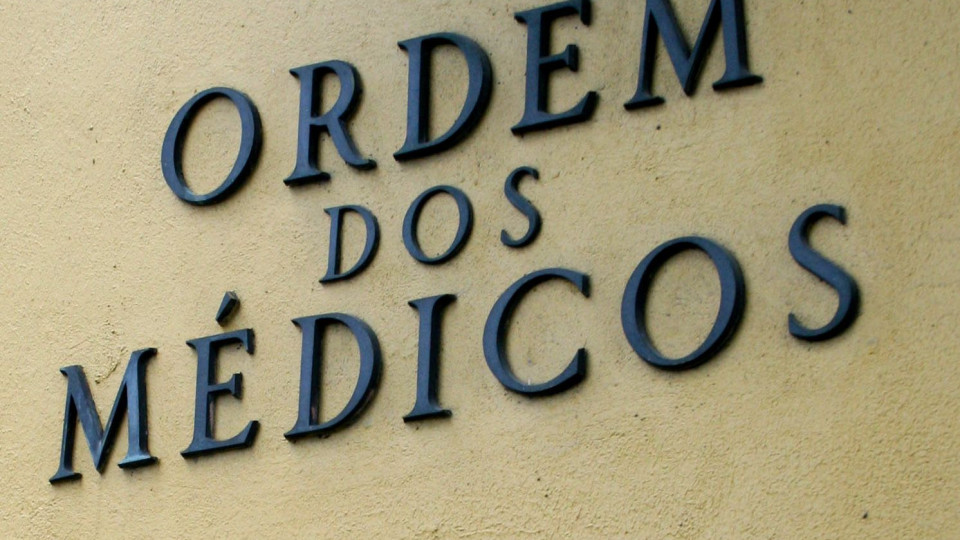Doctors' Association requests committee to monitor ULS reform
The president of the Order of Physicians today defended the creation of a monitoring committee for the reform of Local Health Units (ULS) and warned of "a setback" in the link between primary and hospital care.

© Lusa

País Ordem dos Médicos
"In some ULS there was a setback in the connection between primary health care and hospital care, which is a curious fact, but (...) that has to be quickly corrected", said Carlos Cortes, in statements to the Lusa agency.
Considering that the ULS reform "did not start well" and "was not well prepared", the president pointed out a set of problems in this model, but said: "the position of the Medical Association is to maintain the development of the reform, but to correct a series of difficulties".
"It is necessary to improve and enhance what is being done", he added.
Regarding the lack of monitoring of health units in this transformation, Carlos Cortes defended that the Ministry of Health should create a monitoring committee for the ULS "to see if things are going well and, in places where they are not going well, to help overcome the difficulties".
"Primary health care has immense difficulties", he said, recalling that "there is no guiding document for the ULS".
He said that some autonomy is normal and desirable, but considered that the reform, as it was carried out, left the ULS "on their own", arguing that "there must be a guiding line for the entire reform".
The official also recalled the end of the Regional Health Administrations -- which has not yet been implemented because the President of the Republic returned the diploma to the Government -- and stressed that many of the powers that were held by these entities were transferred to the ULS, but without any monitoring.
Medical unions have denounced cases in which this mismatch in the transfer of powers to the ARS has led to the non-payment of incentives to teams.
The president of the Portuguese Association of General and Family Medicine, Nuno Jacinto, also pointed the finger at the way in which this reform has progressed on the ground, with "identical solutions applied to different realities".
"The realities are different and, often, what we try to do is apply the same solution everywhere or the same solution [in exactly] the same way, and that ends up not going well", he said.
The official fears that "something that had already been achieved in primary care" will be lost: autonomy.
"This is dangerous", said Nuno Jacinto, recalling that "one of the basic principles of the primary health care reform was that these teams, these family health units, would have to have technical, functional and organizational autonomy".
"In simple things, in internal procedures, in managing schedules, in managing vacation plans, in managing attendance, in defining the priority areas in which they want to work (...). That is up to the teams and has to be up to the teams", he stressed.
Nuno Jacinto also warned: "If we start to have external elements to the units wanting to interfere with all this in some way, we are obviously limiting their autonomy and that cannot happen".
He also said that, at this time, with the ULS, "there is this risk", advising "caution" in the way this new model is applied, "under penalty of being able to compromise something good that had already been achieved in primary care".
Read Also: Doctors regret lack of investment in General and Family Medicine (Portuguese version)

Descarregue a nossa App gratuita.
Oitavo ano consecutivo Escolha do Consumidor para Imprensa Online e eleito o produto do ano 2024.
* Estudo da e Netsonda, nov. e dez. 2023 produtodoano- pt.com



